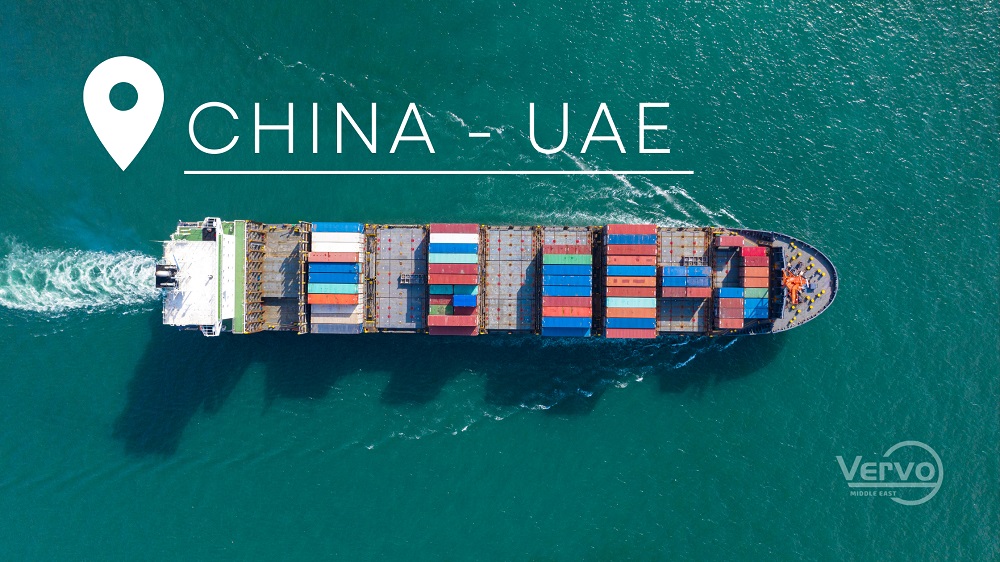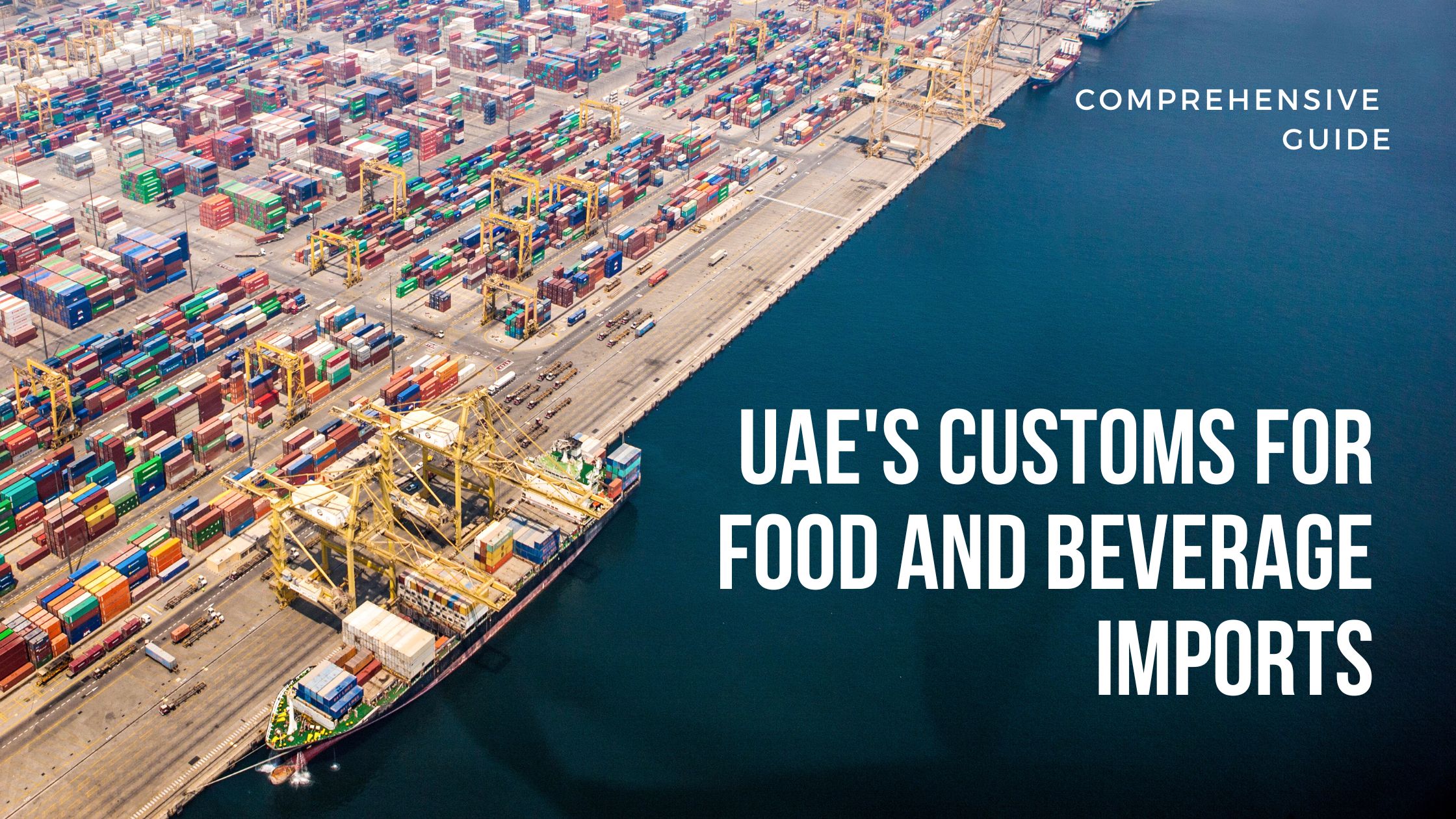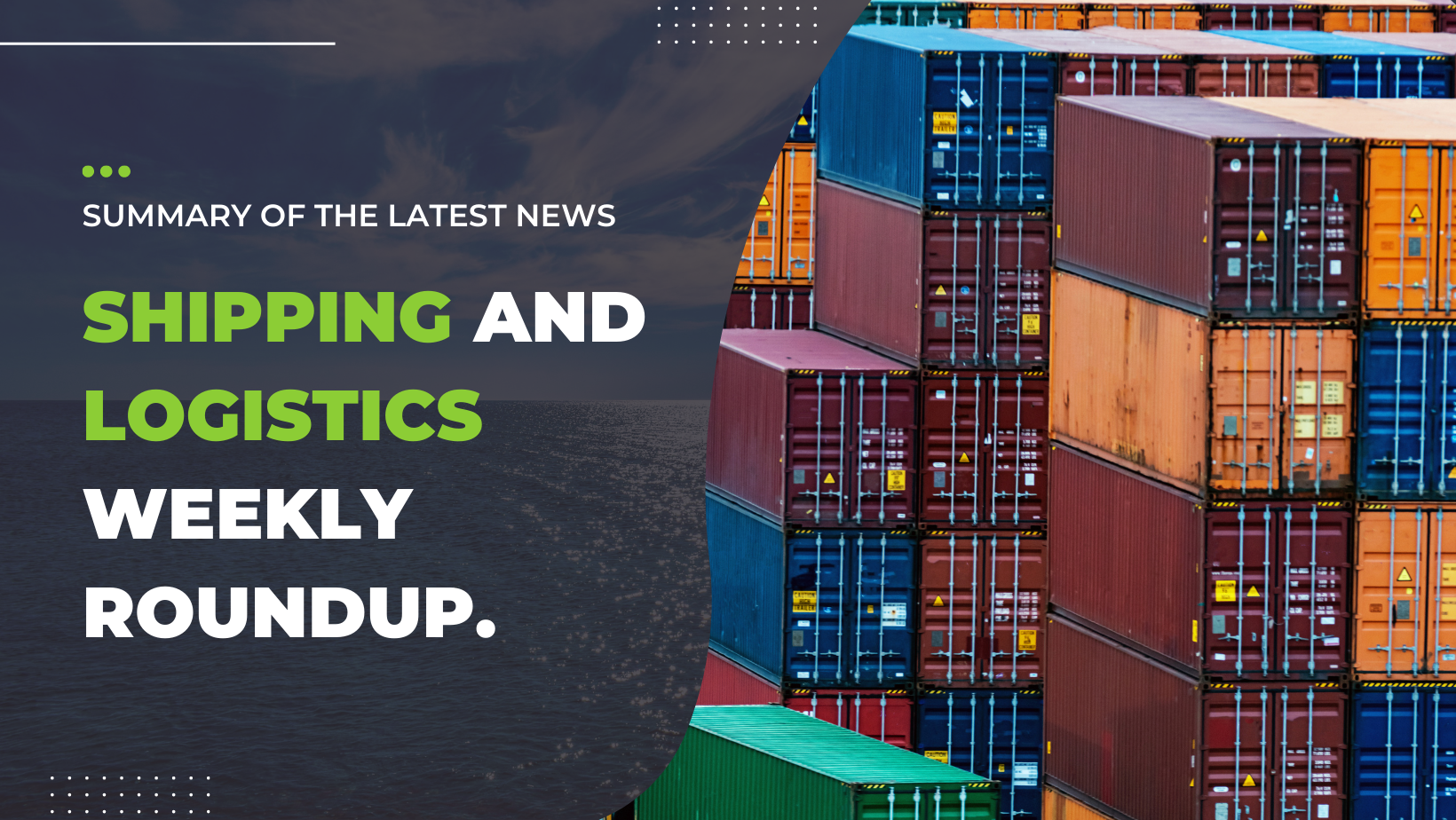In 2021, bilateral trade between China and the UAE hit unprecedented heights. According to Chinese Ministry of Commerce figures, the total volume of commerce between the two nations topped US$75.6 billion.
This amount is projected to climb in the future years as the two countries' economic relations continue to grow. Likewise, this year, around 6,000 operating Chinese businesses exist in the UAE.
The United Arab Emirates (UAE) is one of China's most important Middle Eastern business partners. It is the MENA region's second-largest economic partner, after Saudi Arabia.
While the UAE's key exports to China are oil and gas, the UAE already imports a wide range of Chinese commodities, from food and chemicals to machinery, equipment, and electrical appliances.
What items are mostly imported to the United Arab Emirates?
Are you starting your new business in the UAE and currently researching what products to sell? Or do you search for a new item to offer your customers? Then, understanding what commodities already have an existing market and demand in the UAE will give you a decent indication of what you might be able to provide for your potential customers. If you’re uncertain where to begin, here are some of the current top imports into the UAE from China. That is a great starting point to determine what you can sell:
- Electrical machinery and equipment.
- Plastics and plastic articles.
- Aircraft.
- Organic chemicals.
- Ships and boats.
- Clothing and apparel.
- All-terrain vehicles (ATVs).
- Cell phone cases.
- Gaming headsets.
- Travel bags.
- Water treatment supplies and appliances.
- Musical instruments.
- Fireproofing materials.
- Mobile phones, mobile parts, and related accessories.
- Laptops, computer parts, and related accessories.
- Flash memory, external hard drives, and power banks.
- Pharmaceuticals, medicines, and medical supplies
- Perishable goods.
- Luxury car parts.
- Batteries and electronic components.
Prohibited and restricted items for importation into the United Arab Emirates:
The last thing you want is to find out your cargo isn't permitted into the country and you're stuck with a container load of goods.
Now is also the time to double-check whether any items you’re planning to source are prohibited or restricted by the UAE government. Each country has its own list of items allowed, restricted, and banned for import and export.
Prohibited goods are those whose import or export is banned by the Common Customs Law, while restricted goods are those whose import or export is restricted by the Common Customs Law or any other regulation or law applicable in the country. Restricted items may be released only with the permission of the relevant authority.
If the items you want to ship are prohibited or restricted, research the legal regulations that apply to them. Here are examples of imported items that are prohibited and restricted in the UAE:
Restricted items and the names of the relevant authorities
- alcoholic drinks (controlled by the police)
- brand new tires (the Emirates Authority for Standardization and Metrology)
- Radio equipment (the Telecommunications Regulatory Authority)
- Printed materials (the National Media Council)
- Pharmaceutical items (the Ministry of Health and Prevention)
- arms, explosives, weapons, fireworks, and ammunition (the Ministries of the Interior and Defense)
Prohibited Items
- Machines and tools for gambling.
- All narcotic drugs.
- Items that violate Islamic principles.
- Goods from boycotted and embargoed countries.
- Products made from raw ivory and rhinoceros horn.
- Substances contaminated by radiation.
- Tires that have been used, reconditioned, or inlaid.
- Engravings, prints, lithographs, sculptures, and statues in any material.
- Fishing nets with three layers.
- Forged and duplicate currency.
- Homemade and cooked meals.
- Any other commodities that are forbidden from being imported under the jurisdiction of UAE customs laws or any other legislation in the country.
Remember that this list is not inclusive because restrictions change often, so frequently check current regulations if you decide to export a new type of commodity to the United Arab Emirates.
Although the UAE government enforces the above constraints, you should additionally check whether the GCC Common Customs Law permits your planned imports. Even if it is not listed as forbidden in the UAE, it may be prohibited under the GCC regulations.
Importing some commodities, such as pets, agricultural products, medications, automobiles, and other types of cargo, will necessitate obtaining special licenses and permissions.
If you intend to ship such a cargo, you should directly consult our experts beforehand. At Vervo Middle East, our customs specialists inform you if your cargo is prohibited or restricted by common customs law or any other regulation or law applicable in the UAE. To avoid any hassle, it is critical to plan ahead of time for such shipments. Connect to an Expert Today!
Plan for your shipment and search for a supplier
If you decide to buy and import goods on your own, you should take your time to find a reliable supplier. You must set standards for the best outcomes. When selecting a supplier that best serves your needs, think about the following criteria:
- The delivery time from receiving the order to its arrival at your location.
- Minimum and maximum order quantities (depending on the number of items to be purchased).
- Whether they offer storage and processing solutions.
- Are there particular modes of delivery?
- If there is a return policy available.
- Process of quality assurance and quality control.
You should also look into the supplier's track record and history. After you've established your criteria and analyzed possible suppliers to source your cargo from China to the UAE, you'll want to know:
- If you import in bulk.
- How much is the cost per unit?
- If there are any discounts available.
- What is the course of action in the event of a dispute?
- Disputes might occur when the consumer is dissatisfied with the goods they received or when the delivery time is delayed. Is he keen on helping you come up with a solution?
- Is there a seller's warranty? For instance, if the product is not what you expected, is there a 30-day money-back guarantee?
If you wish to import products from China into the UAE, use online B2B marketplaces like Global Sources to look for suppliers at wholesale prices.
Verify your supplier
You must check the credentials of the suppliers after listing them. Although some evident information is available on the Internet, you must evaluate if they are manufacturers or trade companies. Also, check if they have the technical competence and manufacturing capacity to fulfill their promises.
** What exactly is a trading company? A trading firm, often known as a middleman, acts as an intermediary or agency between two parties involved in a transaction or process chain. They generate money by selling items at a higher price than they paid for them. A middleman might be a small business or a big company with a global reach.
The benefits of dealing directly with a factory include:
- Lowering taxes
- Increased transparency
- Long-term business connections and faster communication
Although dealing with manufacturers has advantages, trade companies will benefit you as well if you can select a reliable one. Trading firms can also save you time:
- By handling the purchase procedure on your behalf.
- By discovering suppliers you probably cannot find yourself.
- They could communicate better with the local suppliers.
After you've found your perfect supplier, don't hurry into ordering large quantities of items; instead, request samples first to see the product up close. Remember to label the chosen samples with "Sample: No Commercial Value." You may also request to test the item before shipping it via a video chat.
Quality Control
Depending on your industry and the product’s standards and specifications, you can take Quality inspection into account as a tip for further verification of the imported cargo. Quality control is essential for protecting your business. When you import items from China to the UAE, you usually pay the supplier in advance before delivery.
The quality control process is implemented to find any issues, flaws, or nonconforming items in the shipment. This helps you avoid obtaining low-quality items with few options to return them. It also eliminates incurring excessive costs.
If your product does not satisfy the required specifications or international standards, you can readily resolve these issues before transporting your cargo.
You may create your own precise and customized inspection protocol based on your product specifications and quality standards. In this case, it is better to work with a third-party inspection company or an authorized freight forwarder.
A third-party freight forwarder is the most resilient and trustworthy solution. They assist you in controlling product quality wherever you are. Because they can rapidly operate across China and ensure that all of your criteria, from the external packaging to quantity and quality, are satisfied. They also send photographs and videos of the products, if required.
The next step 🡪 is to negotiate the best price with your supplier before ordering your cargo from China and review the common trade conditions and terms. In our next article, you will find everything you need to know before shipping your cargo from China to the UAE.




